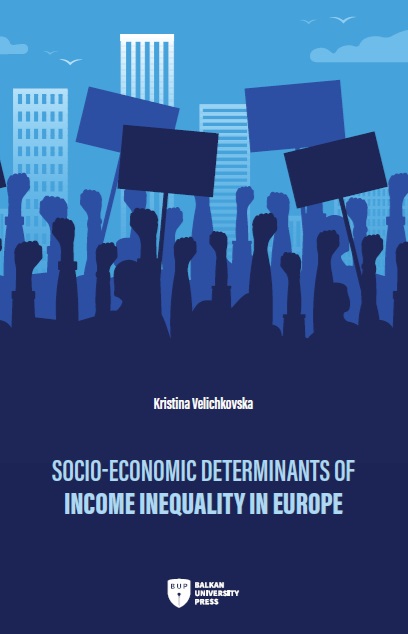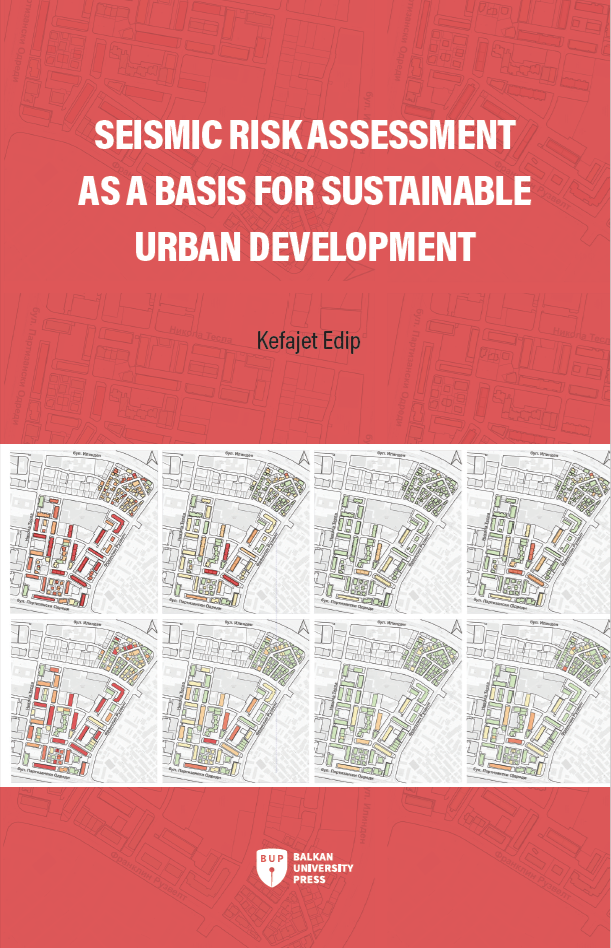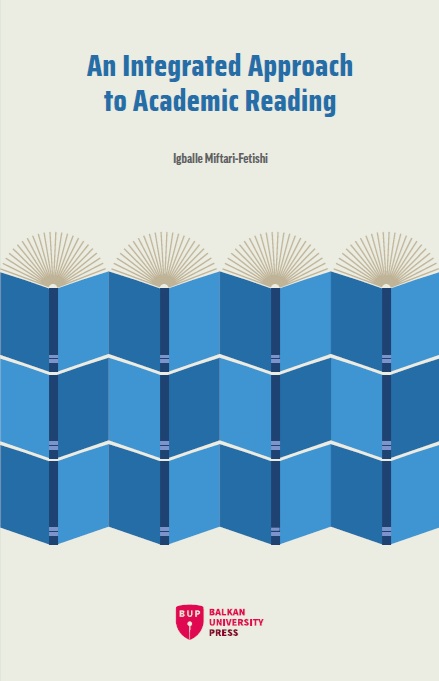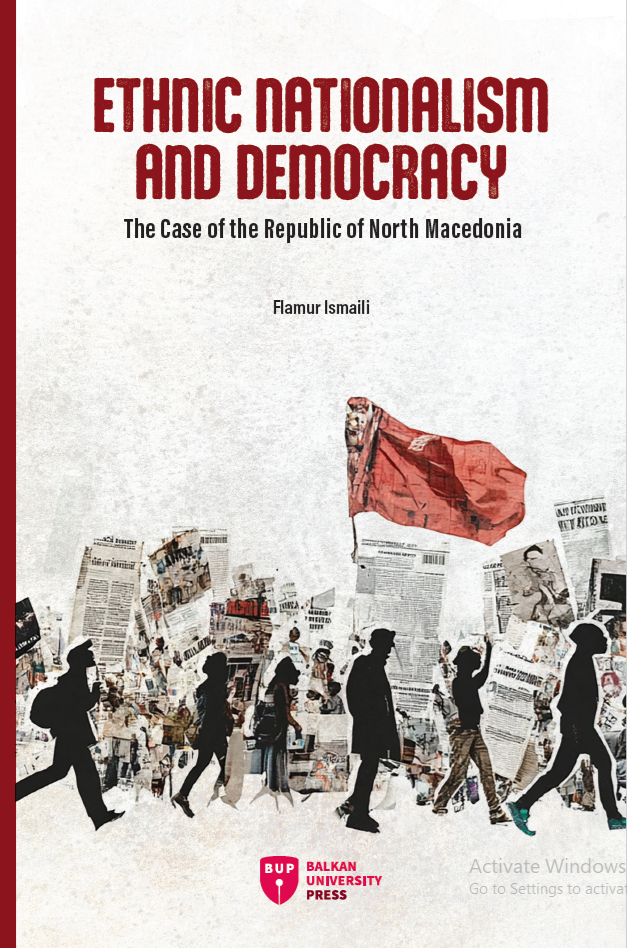Academic Research

AIM and SCOPE
The BUP Academic Research book series provides a platform for early-career researchers to transform their doctoral dissertations, master’s theses, and research in general into well-crafted, impactful books. The series aims to support early-career researchers in bridging the gap between their graduate research and the wider academic community by making their research accessible to a broader audience, including scholars, professionals, and policymakers.
The series is open to a broad range of academic fields, including but not limited to:
-Social sciences and humanities
-Engineering and technology
-Economics and business studies
-Health and medical sciences
-Arts and cultural studies
-Education and pedagogy
Submission process:
Interested authors are encouraged to submit their book proposals by clicking on the Submit button on this website by 1st November 2025.
Series editors: Prof. Dr. Snezana Bilic (sbilic@ibu.edu.mk) and Assoc. Prof. Emin Idrizi (e.idrizi@ibu.edu.mk)
Snezana Bilic is a full professor of management at the International Balkan University in Skopje, Republic of North Macedonia. She graduated from the University "Ss Cyril and Methodius"—Faculty of Economics in Skopje in the top five students of the generation. She got an EU fellowship for her Master's studies at the Maastricht School of Management, The Netherlands, where she got her MBA diploma. She finished her Ph.D. studies at the University "Ss Cyril and Methodius"—Faculty of Economics in Skopje.
Her expertise is in Strategic Management, Strategic Leadership, Change Management, International Trade, International Transport and Logistics, and Trade Policy, where she published many scientific articles. From 1996 until 2011, she worked for EC DG EAC as a Coordinator of the National Tempus Office in the Republic of Macedonia on the reform of the higher education system. At the same time, in 2009, she was a trainer of the staff in the Erasmus Offices in BIH, Georgia, and Azerbaijan to build up their institutional capacities. She is a trainer and lecturer for several enterprises in NMK in organizational design and culture, problem-solving, and negotiation strategies and tactics. She is familiar with project design and project management. Through her participation in several educational and research projects like Erasmus +, Horizon, COST, etc. She has been awarded several national and international prizes for her professional work.
Emin Idrizi is an Associate Professor at International Balkan University. He holds an MA in English Language Teaching and a PhD in English Language and Literature from the South East European University. Throughout his career in higher education, he has taught a wide range of courses, mentored students, conducted research, and actively contributed to the academic publishing world. He is a co-founder and a former editor of the International Journal of Education and Pedagogy (IJEP), and he is currently a member of the editorial board of Contemporary Research in Language and Linguistics (CRLL Journal). His research interests include language teaching methodology, technology-enhanced language teaching and learning, corpus linguistics, and data-driven learning. Dr. Idrizi will soon be undertaking his Fulbright Scholar research at the University of Alabama, USA.
Formatting Guidelines:
Citation Style: Adhere to the latest edition of APA7th (American Psychological Association) style for citations and references.
Formatting: Use Times New Roman 12-point font with 1.5 line spacing.
Margins: Set margins to 2.5 cm (1 inch) on all sides.
Page Numbers: Number pages consecutively starting with the title page.
Headings: Capitalise all words with no capitals on articles, prepositions, and conjunctions of four or less characters. Numerate the different levels of headings (e.g., 1.; 1.1.; 1.1.1.)
Figures and Tables: Number and title figures and tables according to APA style, placing them within the text.
Footnotes: Minimize footnotes, using them for additional information or clarification, not citations.
Proofreading: Ensure manuscripts are free of grammatical and typographical errors.
Chapters: Organise your proposal in chapters.
Word Count of the Book: 40,000-60,000 words.
The published books will be available at the EBSCO and JSTOR platforms, reaching a worldwide academic audience.
